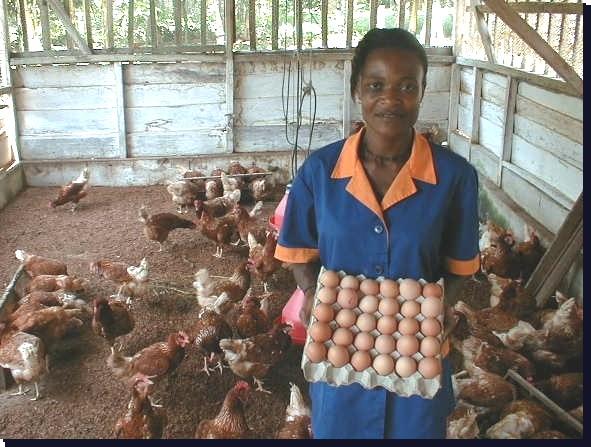The OIE has recently commenced the implementation of the “Strengthening Veterinary Services in Developing Countries“ project, which has two components: (i) Strengthening Veterinary Services in Africa and (ii) Support to the elimination of dog-mediated rabies in humans, under a grant awarded to the OIE by the European Union.
The 3.5 million EUR project targets the African continent and is implemented under a grant contract with the Delegation of the European Union to Kenya in Nairobi. The duration of the project is 36 months, commencing in December 2015 and terminating in December 2018.
The long-term goal of the project is to develop African Veterinary Services so that they can deliver effective governance, health safety, food security and food safety to their citizens.
The specific objectives of the Strengthening Veterinary Services in Africa component of the project are to:
These three objectives are aligned with those of the OIE component of the ongoing Strengthening of Veterinary Governance in Africa (VETGOV) programme, jointly implemented by the African Union Inter-African Bureau for Animal Resources (AU-IBAR), the Food and Agriculture Organization of the United Nations (FAO) and the OIE.
The specific objective of the Support to the elimination of dog-mediated rabies in humans component of the project is to:
To obtain this objective, the OIE will collaborate with the World Health Organization (WHO) to improve the harmonisation and coordination of regional and national strategies for rabies control and elimination.
The project will create a regional vaccine bank for Africa, which will enable high quality vaccines to be provided to priority countries, in particular Kenya and certain countries in Northern Africa, in a timely manner.
In Northern Africa, the coordination will be ensured by the OIE Sub-regional Representation for North Africa under the umbrella of the REMESA Network (REseau MEditerranéen de Santé Animale), which already has a longstanding experience in fostering collaboration mechanisms at regional level on animal health.
In Kenya, a pilot action will support the implementation of the Strategic Plan for the elimination of rabies in Kenya (2014-2030).
For further information, please contact Dr. Samuel Wakhusama
